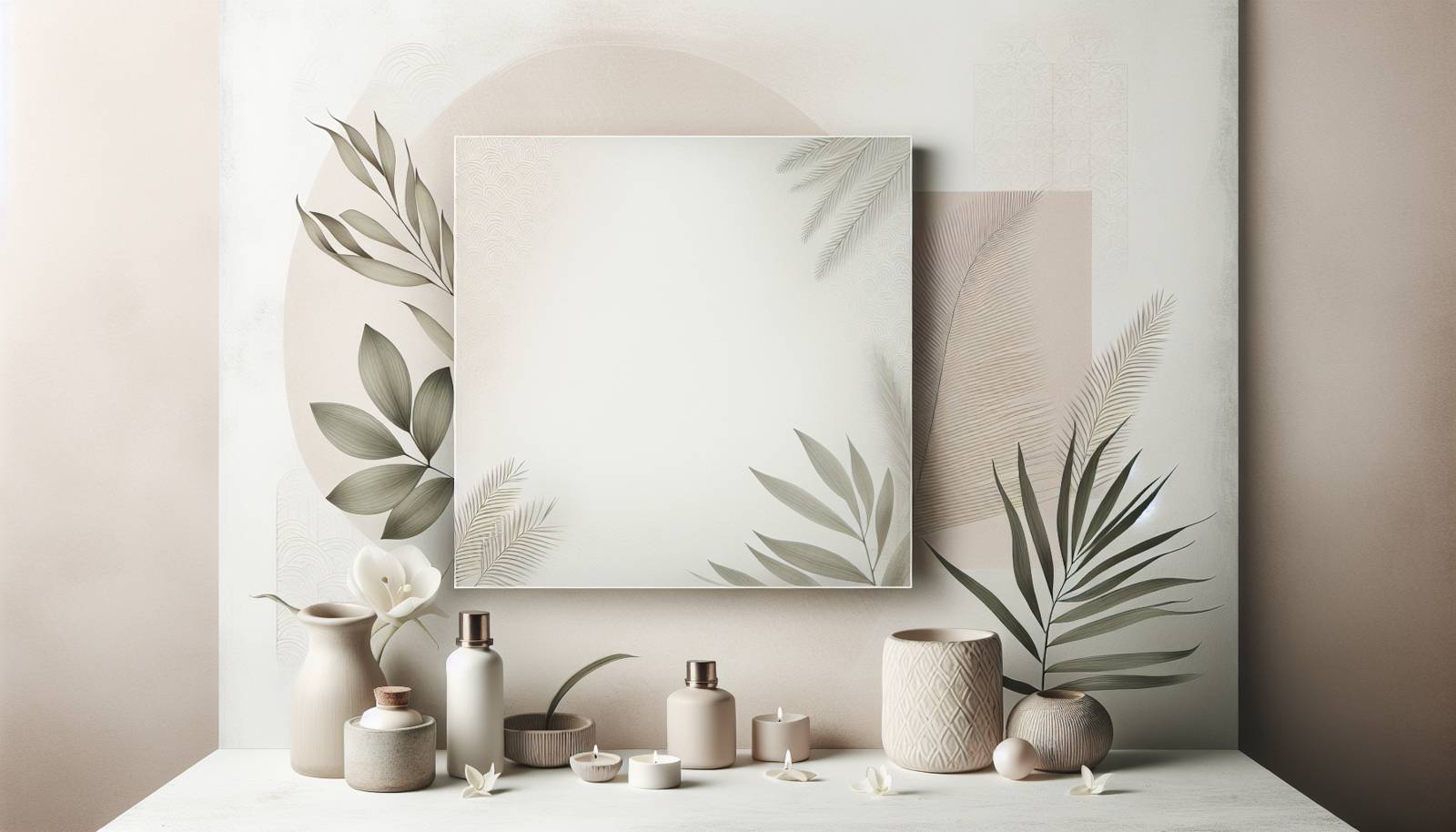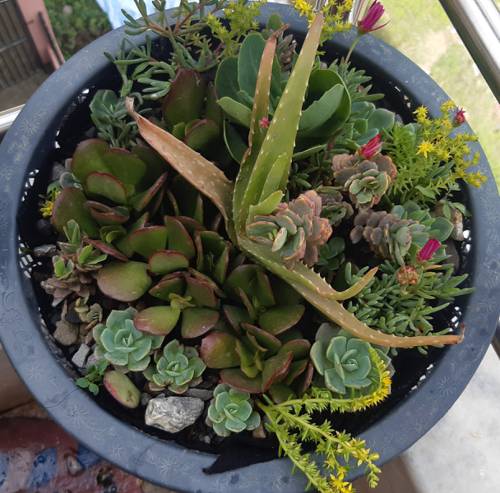
FAQ About Indoor Plant Scent Selection

What are some popular indoor plants known for their pleasant scents?
Some popular indoor plants known for their pleasant scents include:
- Jasmine: Known for its sweet fragrance, jasmine can fill a room with a delightful floral aroma.
- Lavender: This plant is famous for its calming scent, often used in aromatherapy.
- Gardenia: Offering a rich and intoxicating scent, gardenias are a favorite for those who enjoy a strong floral fragrance.
- Eucalyptus: Known for its refreshing minty scent, eucalyptus can help invigorate a space.

How can the scent of indoor plants affect the ambiance of a room?
The scent of indoor plants can significantly influence the ambiance of a room by creating a sense of calm, freshness, or even invigoration. For instance, the calming aroma of lavender can promote relaxation and help reduce stress, making it ideal for living rooms or bedrooms. Meanwhile, minty scents like eucalyptus can energize and refresh a space, making it perfect for home offices or kitchens. The right plant scent can also mask unpleasant odors and contribute to a more inviting atmosphere overall.

Are there indoor plants with scent profiles that help with relaxation and sleep?
Yes, several indoor plants possess scent profiles that can aid in relaxation and encourage better sleep. Lavender is well-known for its calming properties and ability to reduce anxiety, making it an excellent choice for bedrooms. Jasmine also promotes a sense of tranquility with its sweet fragrance, which can improve sleep quality. Additionally, Valerian has been used historically in herbal medicine to aid sleep, and its scent can have a soothing effect.

Which indoor plants have a scent that can boost concentration and focus?
Certain indoor plants are known for scents that can help enhance concentration and focus. Rosemary is one of the best-known plants for boosting memory and concentration due to its strong, invigorating scent. Peppermint releases a refreshing aroma that can help clear the mind and improve alertness, making it ideal for workspaces. Lastly, Lemon balm has a fresh citrus scent that can help maintain attention and reduce stress, beneficial for studying or office environments.

Can indoor plant scents help improve air quality?
While indoor plant scents primarily enhance ambiance, many plants known for their fragrance also contribute to improved air quality. Lavender and jasmine, for instance, not only add pleasant aromas but can also help remove toxins from the air. Moreover, plants like eucalyptus have natural antiseptic properties that can aid in purifying the air by reducing airborne germs.

What indoor plants have a strong scent that might not be suitable for everyone?
Certain indoor plants have strong scents that not everyone may find appealing. For example, Gardenia has a potent floral fragrance that can be overwhelming in small spaces. Patchouli is another plant with a strong, earthy scent that some people love but others may find too intense. Additionally, Tuberose has a rich, heavy scent which might not be suitable for those who prefer subtler fragrances.

Are there any indoor plants with seasonal scent changes?
Many indoor plants may exhibit changes in scent intensity throughout the year due to factors like light and temperature conditions, but none typically change their scent profile completely. However, plants like Jasmine tend to have stronger scents during their blooming period, which usually aligns with warmer months. Similarly, Gardenias are most fragrant when they bloom, typically in late spring and summer.

How should indoor plants with strong scents be placed in a home?
When placing indoor plants with strong scents, it's important to consider room size and ventilation. In smaller spaces, such as bathrooms or bedrooms, it’s best to limit the number of strongly scented plants to avoid overwhelming the senses. Placing these plants in well-ventilated areas or in larger rooms like living rooms or open-plan spaces can help distribute the scent more evenly. Additionally, positioning plants near entrances or windows can allow fragrances to gently disperse throughout the home.

What are the maintenance needs for highly fragrant indoor plants?
Highly fragrant indoor plants often require some specific care to maintain their scent and health. Jasmine and Gardenia, for instance, need bright, indirect light and consistent watering, with well-drained soil to prevent root rot. Lavender prefers drier conditions and should be watered sparingly. Regular pruning can also help maintain plant health and promote continuous blooming, which is essential for sustained fragrance.

Can I grow fragrant indoor plants in low-light conditions?
Most fragrant indoor plants prefer bright, indirect light to thrive and produce their signature scents. However, some plants such as the Peace Lily are known for their ability to tolerate lower light conditions while still occasionally producing pleasantly scented flowers. For those in darker environments, supplementing natural light with grow lights can help ensure that plants like Lavender and Jasmine continue to flourish and provide their delightful fragrances.

What are some common misconceptions about fragrant indoor plants?
A common misconception is that all well-scented indoor plants are high maintenance. While some, like Gardenia, do require specific conditions, many such as Lavender and Peppermint are fairly easy to care for if their basic needs are met. Another misconception is that all scented plants will improve mood or health; the effects can vary based on individual sensitivities and the overall environment of the space the plant is placed.

How do I choose the right scented plant for my indoor space?
Selecting the right scented plant for your space involves considering your personal scent preferences, the room's function, and the plant's care requirements. For relaxation, opt for plants like Lavender or Jasmine. For invigoration, consider Rosemary or Peppermint. Match the plant's light and water requirements with your home's conditions to ensure they thrive and continue to produce their pleasant aromas.

Are there any health benefits to having fragrant indoor plants?
Fragrant indoor plants can offer several health benefits, including stress reduction, improved mood, and even increased alertness and concentration. The scent of Lavender, for example, is known to help reduce anxiety and promote relaxation. Rosemary and Mint have stimulating aromas that can boost mental clarity. Additionally, many scented plants, like Eucalyptus, possess antimicrobial properties that can contribute to a healthier indoor environment.

What should I do if I experience allergies due to indoor plant scents?
If you experience allergies from indoor plant scents, first try removing the offending plant from the space and note if symptoms improve. Choose hypoallergenic plants or those with subtler scents, such as Spider Plants or Bamboo Palm. It may also be beneficial to increase ventilation or use air purifiers to minimize allergen presence. Consulting with an allergist can provide additional guidance based on specific sensitivities.

Can the scent of indoor plants change over time?
The scent of indoor plants can vary with changes in growth conditions, such as temperature, humidity, and light exposure. For example, a plant like Jasmine might produce a stronger fragrance when it receives ample sunlight and warmth. Plant maturity can also affect scent intensity, with younger plants generally being less fragrant than mature ones.

How do temperature and humidity affect the scent of indoor plants?
Temperature and humidity levels can significantly impact the intensity and quality of a plant's scent. Higher temperatures can enhance the release of aromatic compounds, making scents more pronounced. On the other hand, too low humidity might lead to dry conditions that suppress scent production. Providing a balanced environment that mimics a plant's natural habitat usually results in the best scent outcomes. For example, maintaining moderate humidity and warmth can help Lavender and Gardenia emit their delightful fragrances efficiently.

Are scented candles and air fresheners a good alternative to naturally fragrant indoor plants?
While scented candles and air fresheners can provide immediate fragrance, they lack the natural benefits offered by plants. Fragrant indoor plants not only offer organic scents but also contribute to air purification and provide a calming and aesthetically pleasing environment. Additionally, many artificial scents may contain chemicals that could irritate sensitive individuals, whereas plant-based aromas are naturally gentler and environmentally friendly.

Do indoor plants with scents require different soil types?
Most scented indoor plants do not require a special type of soil beyond what is suitable for their specific species. Generally, well-draining soil is ideal to prevent root rot, which can occur from excessive moisture retention. For example, Lavender prefers sandy, well-drained soil, while Jasmine thrives in slightly acidic soil with good moisture retention. Ensuring proper soil conditions is key to maintaining healthy plants that scent your home effectively.

What are the challenges of having strongly scented indoor plants?
Strongly scented indoor plants can pose challenges such as overwhelming smaller spaces with their fragrance or causing allergenic reactions for sensitive individuals. Regular care, such as pruning and proper positioning away from direct airflow, can manage scent intensity. Additionally, plants may require specific environmental conditions, like certain light and humidity levels, which might necessitate adjustments in care routines.

How do I propagate fragrant indoor plants to increase their presence in my home?
Propagating fragrant indoor plants is a straightforward way to expand their presence throughout your home. Herbs like Mint and Rosemary can be propagated through cuttings. Simply take a healthy stem, remove the bottom leaves, and place it in water or directly into soil until roots develop. Make sure the new plants are placed in appropriate growing conditions to ensure they produce their full fragrance potential. With proper care, these new plants can quickly thrive and enhance the ambiance of multiple rooms.
